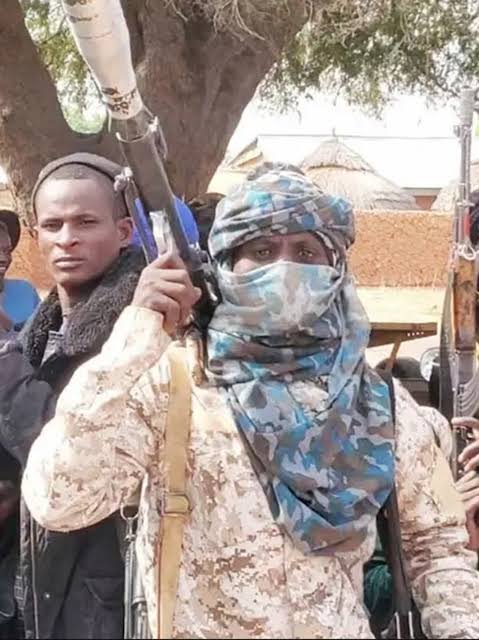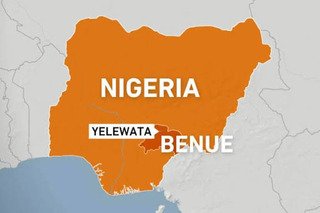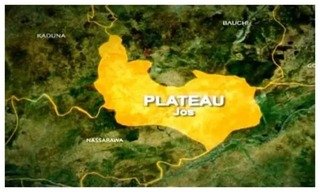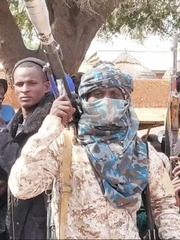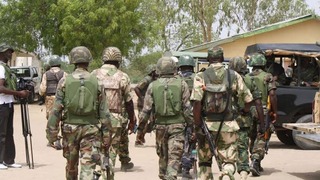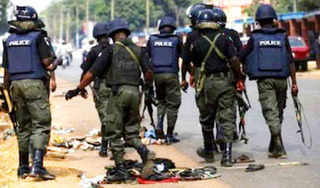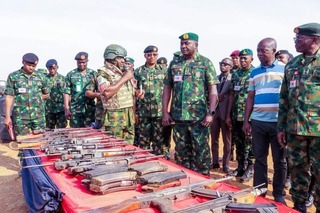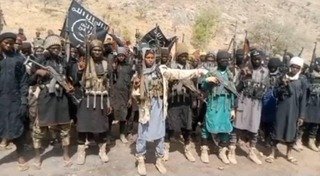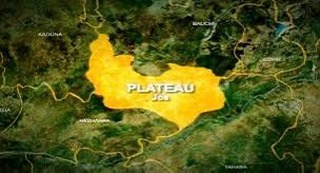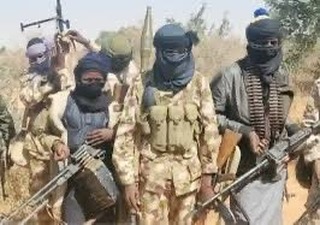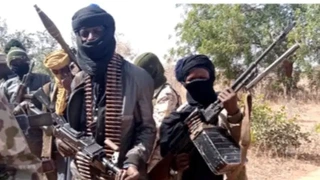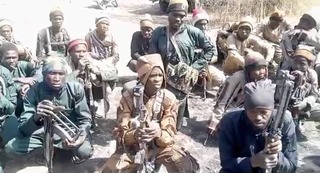Turji’s New Video Statement: A Calculated Move or a Path to Peace?
By: Zagazola Makama
A new video released by notorious bandit leader Bello Turji has once again stirred public discourse, especially in the North West where he has long been a central figure in the region’s spiraling insecurity.
In the footage, Turji confirmed that negotiations between him and both federal and state authorities are ongoing, a revelation that both raises hopes and deepens suspicion.
More notably, Turji claimed that the violence and terror associated with him in past years were the result of “misunderstandings,” asserting that he is a bona fide citizen of the North West, and that overtures for dialogue have come from various tiers of government.
While this may be perceived by some as a positive development, an opening for long-term peace in a region plagued by cycles of violence, reprisal, and underdevelopment, others view the statement with a high degree of caution.
Turji's narrative of misunderstanding suggests a reframing of his past actions, possibly in an attempt to cleanse his image ahead of potential amnesty or reintegration. This is not without precedent in Nigeria’s security history; former militants in the Niger Delta and even some ex-Boko Haram commanders have benefited from similar reintegration initiatives.
However, Turji’s case is particularly sensitive. He has been accused of spearheading brutal attacks, mass killings, and mass abductions across Zamfara, Sokoto, and Katsina states. For victims and communities still reeling from these tragedies, hearing him now speak of peace may ring hollow or even offensive.
His timing raises questions. With ongoing security forces operations intensifying in parts of Zamfara and neighbouring states, and particularly, the killing of Danbokolo, his Operation Commander, Turji’s shift in tone may be less about reconciliation and more about self-preservation. A video declaration of peace can also serve as leverage in negotiations, portraying him as a “reasonable actor” who holds sway over numerous armed groups.
Risks of Dialogue Without Accountability
Peace negotiations are often messy, but they must be grounded in justice and transparency. The danger in negotiating with known terrorists or warlords is the legitimization of impunity. Communities that suffered at Turji’s hands are unlikely to welcome peace without accountability or reparations. For example, Dogo Gide has allegedly accepted peace in Kaduna but his boys recently attacked military locations in Kaduna. Another recent attack was credited to him in Kebbi state. Again Yellow Jambros surrendered in Kaduna but his men are still going to Benue and Plateau to carry out revenge attacks for Fulani herdsmen that were attacked in the states.
Turji’s latest video should be seen as a strategic move perhaps signalling a recognition of shifting dynamics in the conflict zone. It is also a test of the Nigerian government’s approach to managing non-state armed actors. If dialogue is to yield peace, it must be structured, transparent, and accompanied by a firm commitment to justice for victims.
A ceasefire is welcome, but without addressing the root causes such as land disputes, governance failures, injustices, extra judicial killing, arms proliferation, and impunity, Turji’s words may be just another tactical pause in a long war.
The federal government has not officially confirmed Turji’s claims.

